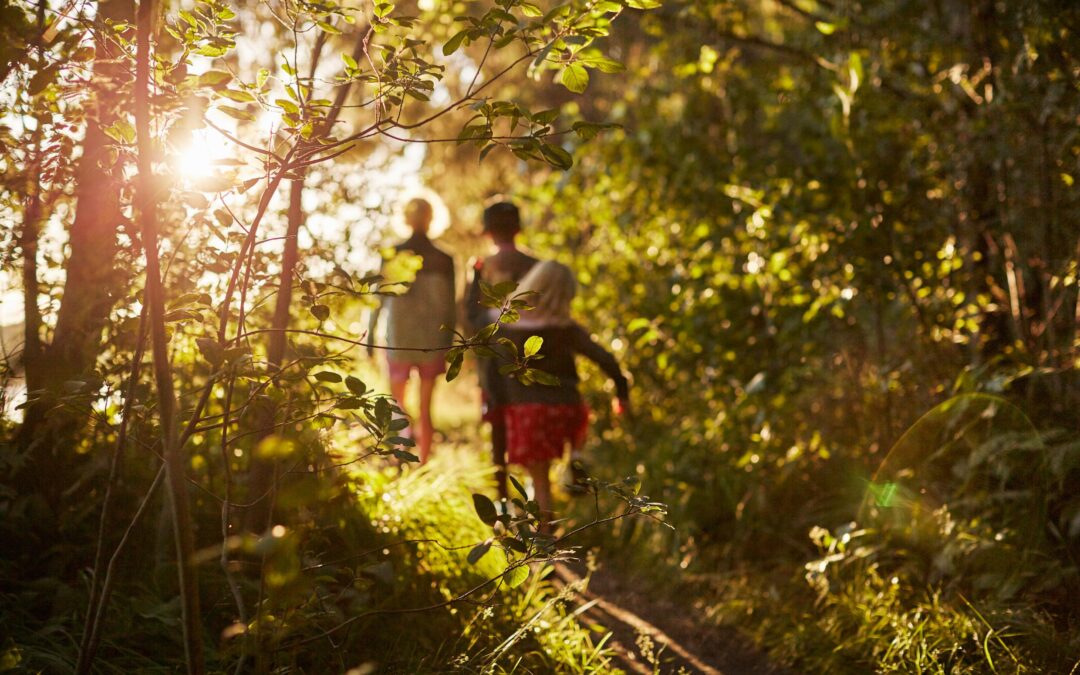In January 2022, the Interreg Europe platform presented the “Eco‑tourism – a sustainable chain” as a success story from Övre Norrland, Sweden. Faced with growing interest from eco-conscious travelers, local tourism businesses discovered a critical challenge: a lack of locally produced eco‑friendly goods to support their offerings. This sparked a collaborative initiative to strengthen the local value chain – connecting eco-tourism operators, artisanal producers, and community members to build a sustainable and authentic tourism ecosystem.
The Challenge: Fragmented Eco-Tourism Ecosystem
Eco-tourism operators in Northern Sweden offered immersive nature experiences—labyrinthine forests, pristine lakes, and remote wildlife—but often relied on imported goods for amenities and activities. With small, scattered communities, supply was inconsistent, and the region’s green tourism potential remained underutilized.
Building a Sustainable Connection
To overcome this, eight local stakeholders from hospitality, crafts, and food production engaged in a pilot workshop—blending lectures with hands-on exchange. As a result:
- Artisans and food producers collaborated directly with tourism operators, forging new product partnerships.
- Region-specific items, from organic preserves to handcrafted souvenirs, were introduced into tour offerings.
- Reaffirmed the principle that locally sourced products strengthen eco-tourism authenticity and support environmental awareness.
Why Local Glue Matters
Introducing local products into eco-tourism:
- Encourages regional economic resilience, with craft businesses gaining new markets.
- Enhances the visitor experience, showcasing authentic heritage and local craftsmanship.
- Raises environmental awareness, as guests learn about sustainable production and local ecosystems.
- Limits transport emissions and packaging waste, cementing eco-tourism’s role in ecological stewardship.
Lessons for Wider Adoption
The Övre Norrland pilot offers a simple yet effective model:
- Host collaborative workshops for tourism and supply-side businesses.
- Support incubators that help artisans interact with tourism operators.
- Develop digital platforms for partners to connect beyond in-person meetings—ensuring continuity.
- Quantify impact by tracking new local products sold, visitor satisfaction, and community income growth.
In Summary

Eco-tourism succeeds when nature, culture, and local enterprise are woven into one seamless chain. The Övre Norrland initiative highlights how small-scale collaboration—starting with a single workshop—can spark lasting change. By grounding offerings in regional identity and ecological responsibility, eco-tourism can deliver enriching experiences that benefit both travelers and host communities.

